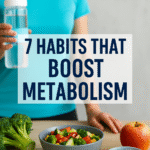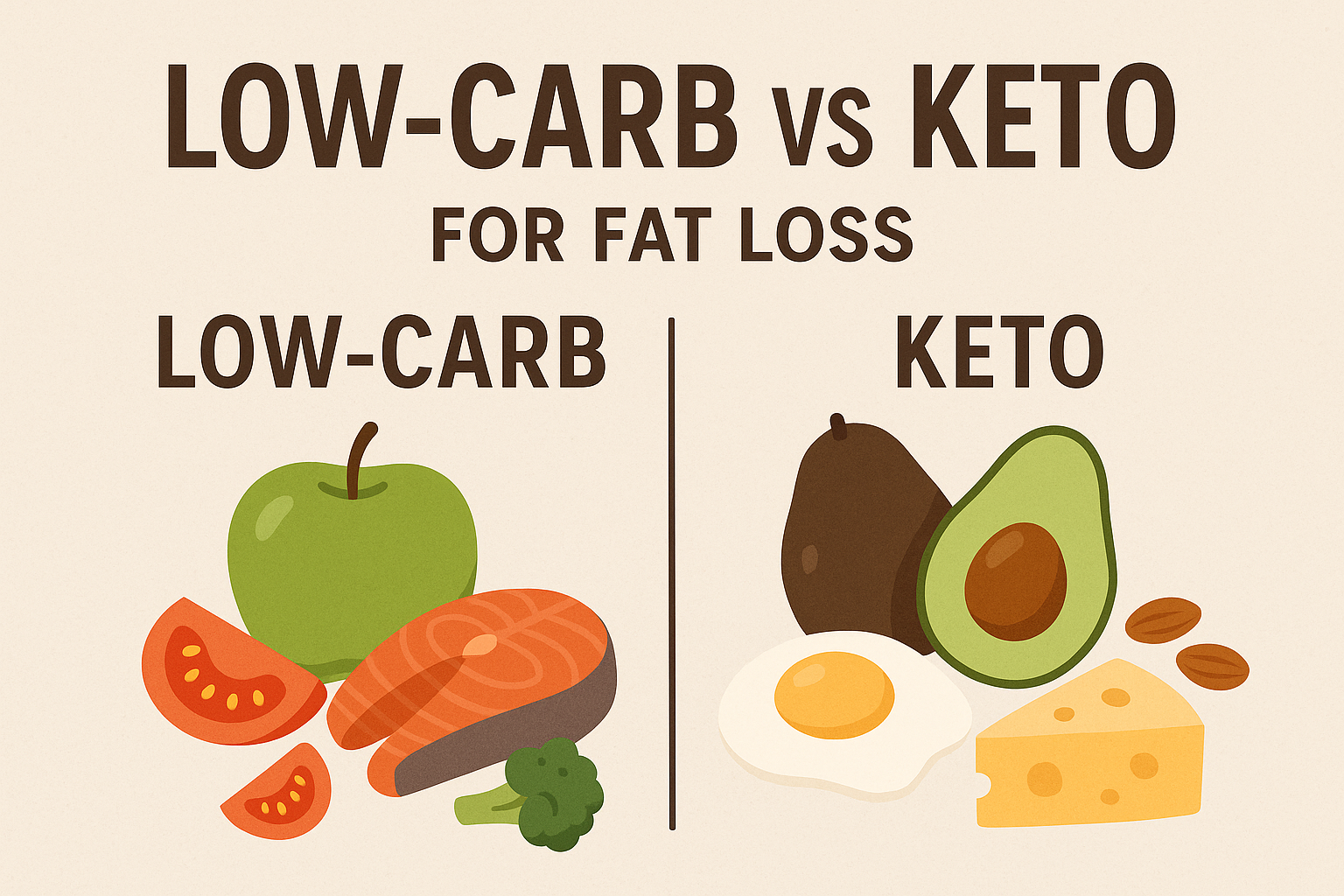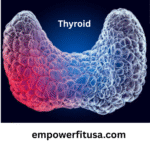Introduction: Why Your Thyroid Matters More Than You Think
Feeling tired all the time? Gaining weight despite dieting? The reason could be hidden in your thyroid. Understanding the thyroid and metabolism connection is crucial for anyone struggling with unexplained fatigue, slow weight loss, or hormonal imbalance — especially women over 40.
The thyroid gland plays a major role in regulating metabolism, body temperature, and overall energy levels. When it malfunctions, your metabolism slows down, and even the healthiest habits may not deliver results.Understanding the thyroid and metabolism connection is essential for managing your energy, weight, and mood — especially in women over 40.
Let’s break down how your thyroid impacts metabolism — and what you can do to support both naturally.
What is the Thyroid and What Does It Do?
The thyroid is a small, butterfly-shaped gland located at the base of your neck. Though small, it has a powerful job: releasing hormones that control your body’s metabolism — the rate at which you burn calories.
These hormones include:
-
T3 (Triiodothyronine)
-
T4 (Thyroxine)
Together, they regulate:
-
Energy production
-
Body temperature
-
Heart rate
-
Fat burning
-
Digestion
Without proper thyroid function, your body can’t efficiently convert food into energy — making weight loss, energy balance, and even mood control a challenge.
The Link Between Thyroid and Metabolism
1. Thyroid Hormones and Calorie Burn
When the thyroid is working properly, it keeps your metabolism humming. But if it’s underactive (hypothyroidism), your body burns fewer calories at rest, leading to weight gain. If it’s overactive (hyperthyroidism), you burn calories too fast, often resulting in weight loss and fatigue.
2. Hypothyroidism and a Sluggish Metabolism
An underactive thyroid is the most common problem in adults, especially women. It slows your metabolism, which can cause:
-
Weight gain
-
Brain fog
-
Constipation
-
Cold sensitivity
-
Depression
Because metabolism is slower, your body stores more fat and burns less energy — even during exercise.
Common Signs of a Thyroid-Metabolism Imbalance
Understanding the thyroid and metabolism connection helps identify symptoms early. Watch for these signs:
-
Unexplained weight gain or difficulty losing weight
-
Constant fatigue, even after sleeping well
-
Dry skin and brittle nails
-
Irregular periods or fertility issues
-
Thinning hair or hair loss
-
Feeling cold when others are comfortable
-
Slowed heart rate or low blood pressure
If you experience any of these, ask your doctor for a TSH, T3, and T4 test to check thyroid function.
How to Support Your Thyroid Naturally
1. Eat Iodine-Rich Foods
Iodine is essential for making thyroid hormones. Good sources include:
-
Seaweed (like kelp or nori)
-
Eggs
-
Dairy products
-
Iodized salt
⚠️ Avoid over-consuming iodine supplements unless advised by a doctor.
2. Get Enough Selenium
Selenium helps convert T4 into the active T3 hormone. Add these to your diet:
-
Brazil nuts (just 2–3 a day)
-
Sunflower seeds
-
Tuna and salmon
-
Mushrooms
3. Support Your Adrenals and Reduce Stress
Chronic stress increases cortisol, which can suppress thyroid function. Practice stress reduction through:
-
Yoga or light exercise
-
Meditation or breathwork
-
Getting 7–9 hours of sleep
4. Stay Active (But Don’t Overtrain)
Light to moderate exercise like walking, strength training, or stretching can boost metabolism without overloading the thyroid. Avoid long sessions of intense cardio, which can stress your body if your thyroid is weak.
What to Avoid
If you suspect thyroid issues, limit:
-
Processed foods: They increase inflammation
-
Gluten: May trigger thyroid autoimmunity in some people
-
Soy and cruciferous vegetables in excess (like broccoli and kale) — they may interfere with thyroid hormone uptake if eaten raw and in large quantities
Cooked versions are usually safe in moderation.
If you’re experiencing fatigue or weight gain, your issue might be linked to the thyroid and metabolism connection.
https://empowerfitusa.com/how-to-lower-cortisol-naturally
Are Supplements Necessary?
Sometimes, diet alone isn’t enough. These supplements can support thyroid function:
-
Vitamin D – supports immune balance
-
Zinc – helps hormone production
-
Ashwagandha – an adaptogen that supports thyroid and adrenal health
-
Tyrosine – helps in T3 and T4 production
🩺 Always consult with a healthcare provider before starting new supplements, especially if you are on thyroid medication.
Lifestyle Tips to Support Thyroid and Metabolism
-
Wake up at the same time daily: Supports circadian rhythm and hormone balance
-
Avoid fluoride and chlorine in tap water: They compete with iodine uptake
-
Use a natural salt like Himalayan or iodized sea salt for thyroid function
-
Avoid skipping meals: This can slow the metabolism further
When to See a Doctor
If you’re making lifestyle changes and still feel:
-
Exhausted
-
Moody
-
Cold
-
Gaining weight despite eating clean
— then it’s time to ask your doctor for a full thyroid panel, not just TSH. Many people are misdiagnosed because TSH alone doesn’t show the full picture.
Final Thoughts: Don’t Ignore the Thyroid-Metabolism Link
The thyroid and metabolism connection is one of the most important — yet overlooked — aspects of wellness. A sluggish thyroid doesn’t just affect your weight, it impacts your mood, energy, and hormonal balance.
The good news? With a few lifestyle adjustments and smart nutrition, you can give your thyroid the support it needs — and feel like yourself again.
Supporting the thyroid and metabolism connection through lifestyle changes can lead to noticeable improvements in your health.
https://empowerfitusa.com/10-min-home-workout-for-women-over-40










